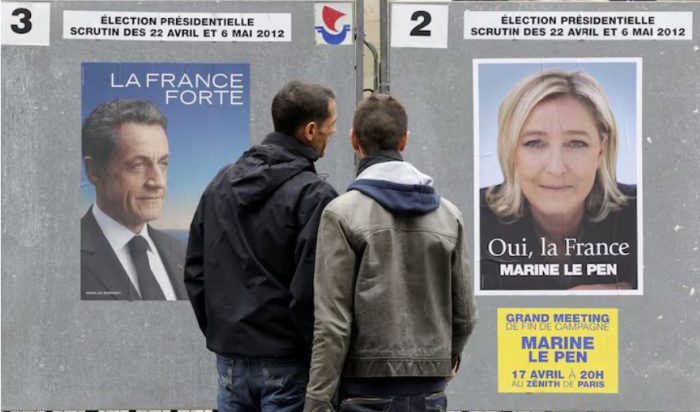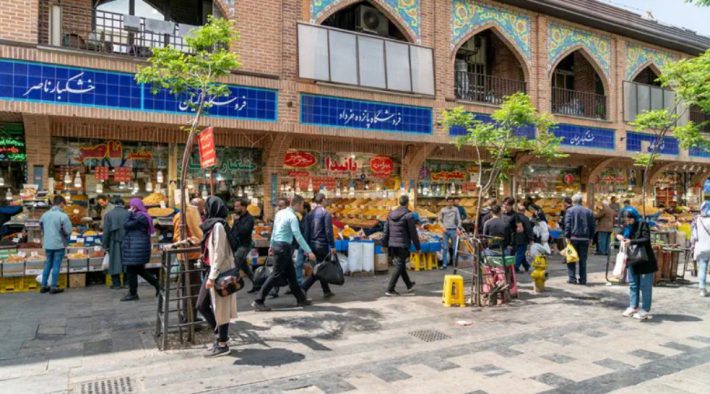Former French President Nicolas Sarkozy has been sentenced to prison for criminal conspiracy, fueling fierce debate over judicial power and raising stakes for Marine Le Pen’s appeal.
Paris, Sept. 27 (Reuters) — France has entered uncharted territory after a Paris court sentenced former President Nicolas Sarkozy to five years in prison for criminal conspiracy linked to campaign funds from Libya, making him the first post-war French president to face jail time.
The ruling, enforceable immediately, has shaken the French political landscape, exposing deep divides over whether judges are impartially enforcing the law or overstepping into politics.
Judiciary Under Spotlight
Ludovic Friat, head of the Union of Magistrates (USM), defended the decision:
“There will clearly be a before and after this decision. No one is above the law. But too often, criticism of judges becomes a smokescreen that diverts attention from the crimes committed.”
Sarkozy, who has repeatedly denied wrongdoing, blasted the ruling as an assault on judicial integrity:
“What happened today is of extreme gravity for the rule of law and for trust in the justice system.”
In recent years, French judges have increasingly issued “provisional execution” sentences—punishments that take effect immediately, even while appeals are pending—to curb the sense of impunity among the political elite. Judicial unions note that nearly 9 out of 10 jail terms over two years are enforced before appeal.
Threats Against Judges
The ruling has also sparked tensions: the Paris prosecutor confirmed Saturday that the head judge in Sarkozy’s case received threatening messages, echoing similar threats directed at the judge who convicted Marine Le Pen earlier this year. Both are under police protection.
Le Pen’s Future at Stake
Le Pen, head of the far-right National Rally, was convicted in March for embezzling EU funds and hit with a five-year political ban under “provisional execution,” effectively barring her from contesting the 2027 presidential race unless her appeal in January overturns the ruling.
She argued Sarkozy’s conviction proves that the practice of immediate sentencing is a “great danger.” Her allies claim conservative politicians are targeted disproportionately, pointing to former PM François Bayrou’s acquittal in a similar EU funds case.
The case has already drawn international attention: U.S. President Donald Trump called Le Pen a victim of “lawfare” and dispatched a diplomatic delegation to express support.
Calls for Reform
French society remains split. Conservatives like Senate leader Gerard Larcher questioned the fairness of provisional execution before appeals are exhausted. Meanwhile, left-wing leaders applauded the ruling as proof that “the requirement to be honest applies to all, especially the powerful.”
Prime Minister Sebastien Lecornu acknowledged the debate, saying Parliament may need to revisit the law.
What’s Next?
As Sarkozy prepares for imprisonment, Le Pen braces for her January appeal. For France, the dual sagas expose a judiciary determined to crack down on political corruption — but also raise fears that courts themselves are becoming a new battlefield in the nation’s polarized democracy.





